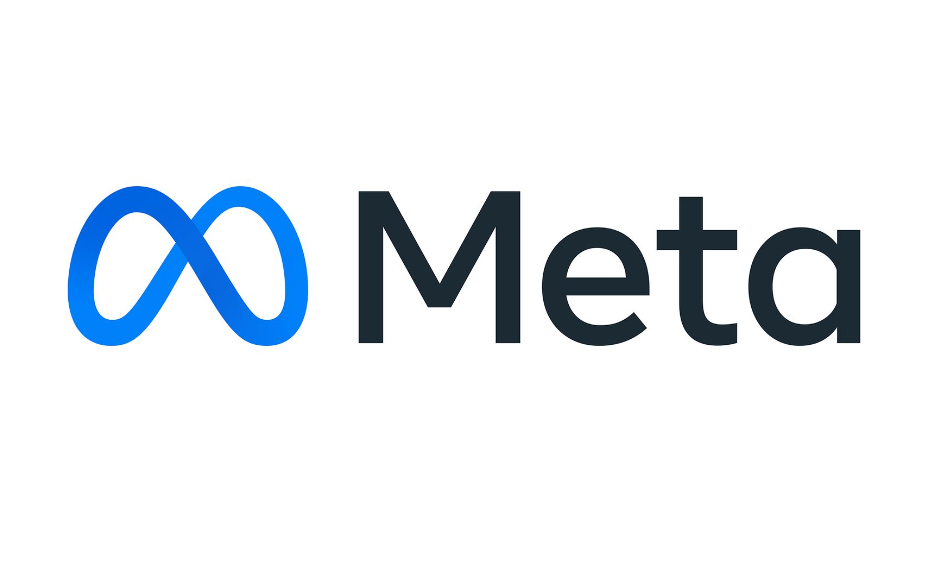exist Meta During the first quarter earnings conference call, CEO MarkZuckerbergTelling investors that the craze for generative AI is here, but don’t expect it to bring profits anytime soon. Meta’s net profit reached $12 billion last quarter on revenue of $36.5 billion, but its revenue growth is expected to slow in the future, while spending on AI and the Metaverse has also hit a record high.

Zuckerberg noted that “tens of millions of people” have tried Meta AI Assistant since it began rolling out broadly last week, with particular interest in areas such as the Instagram search box. However, the real test will be whether Meta AI becomes a product that people use regularly and whether a significant number of users are willing to use an AI assistant in their social media app.
In the future, Meta sees multiple ways to commercialize its free-to-use assistant. Zuckerberg said: "There are multiple ways to build a large business here, including expanding commercial messaging, introducing advertising or paid content into AI interactions, and letting people pay to use larger AI models and more computing resources." In addition, AI has helped us improve the engagement of our applications, so that more ads can be seen, directly improving advertising to provide more value.
In the next year or so, Zuckerberg hinted that Meta's use of AI might also improve the quality of its ads, meaning the company would analyze how people use its assistant to better understand what they're interested in purchasing. This approach puts Meta on a different path than OpenAI, which has so far resisted advertising as a business model in favor of subscriptions and emerging enterprise directions.
In addition to all the generative AI-related work, Zuckerberg was optimistic about the smart glasses launched by Meta and Ray-Ban. He said on the conference call that these glasses are sold out in "many styles and colors" and praised the device's multimodal artificial intelligence for becoming more popular recently. He said: "I used to think that AR glasses would not really become a mainstream product until we had full holographic displays. But now it seems clear that there is also a meaningful market for fashionable AI glasses without the need for a display."